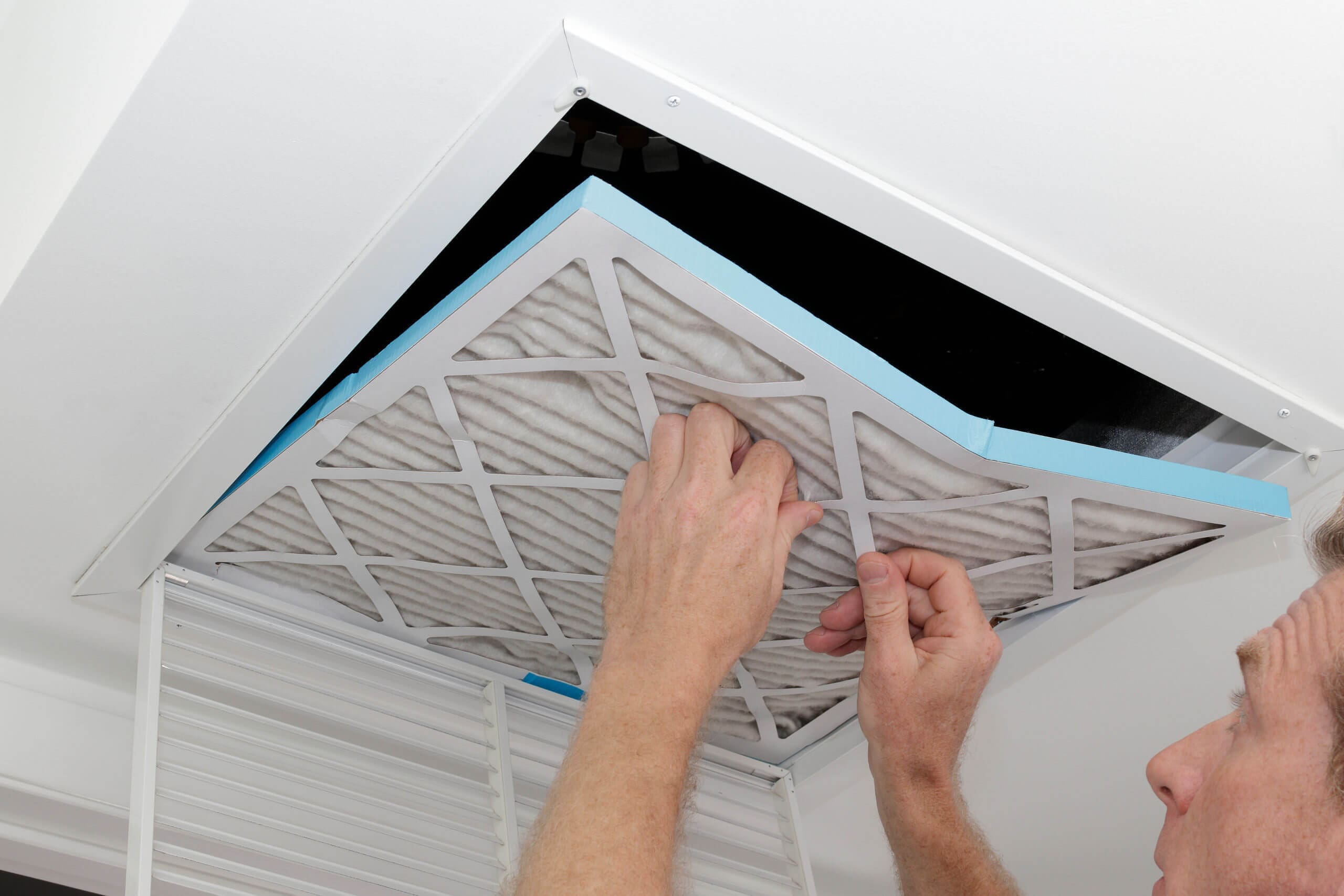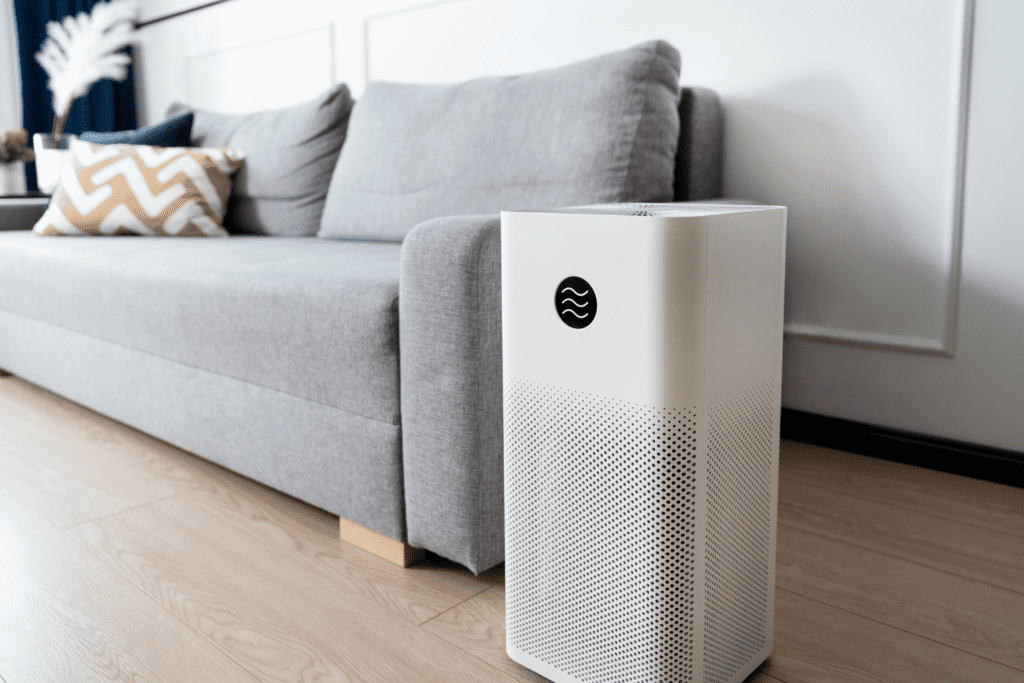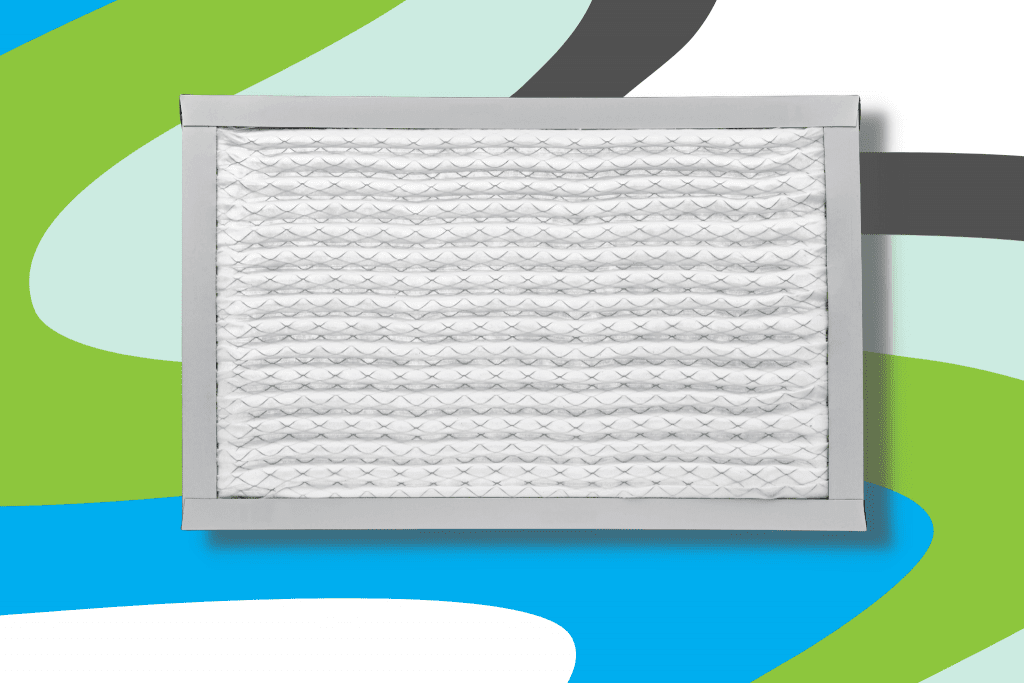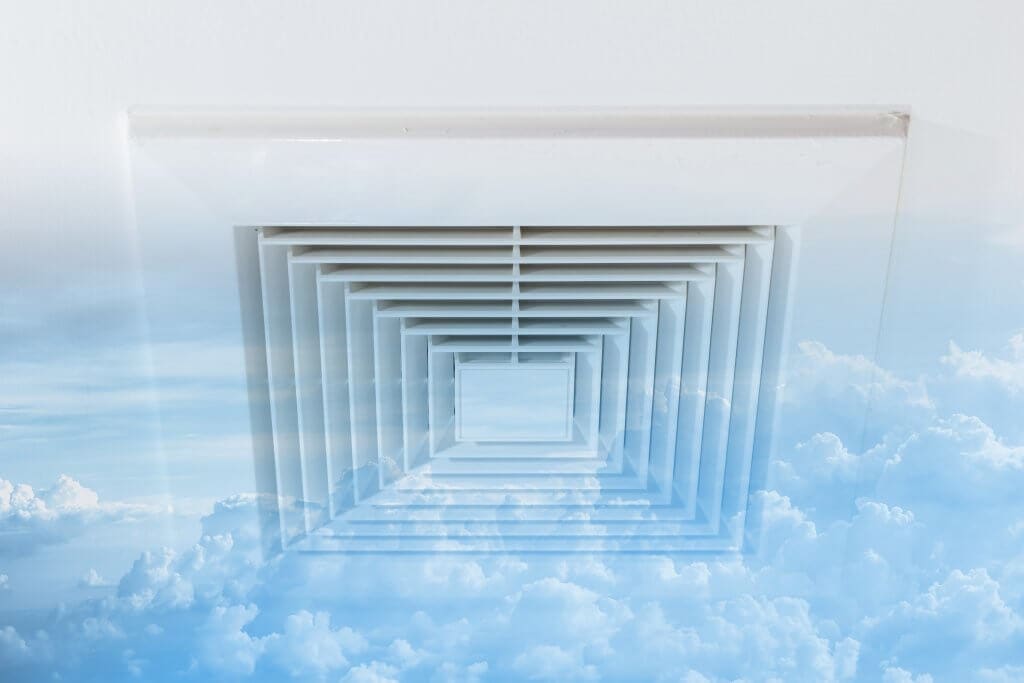The heating, ventilation and air conditioning (HVAC) industry is one of the largest industries in America. It’s driven by construction demand as well as maintenance needs because practically all indoor spaces require HVAC systems to keep them at a comfortable temperature. This brings us to high MERV-rated air filters which are used in these systems to help reduce allergens from entering your home or office space!
Air filtration is the first line of defense in any HVAC system. As questions and concerns about indoor air quality arise due to the pandemic, important filtration terms such as MERV ratings are becoming more commonplace. If you’re curious about your building’s HVAC system but also confused by all these different air filter standards—we have the perfect summary for you.
The Importance of Choosing The Right Air Filter
First and foremost, it’s important to understand why having the right filter for your indoor space matters. Most of us rely on our HVAC systems without even a second thought. It’s crucial to remember just how much really can be in the air we’re breathing in at any given time; and thus, how exactly air filters help. The thing is, the right filter will eliminate indoor pollutants. This includes bacteria, viruses, smoke, mold spores, dust, pollen, and other harmful aerosols and air particles.
Why is it important to eliminate these pollutants? Air pollutants impact your health, meaning, with less harmful particles in the air, you’ll be able to breathe easier. This is perhaps especially true for asthma and allergy sufferers and those with health conditions. Filters can also capture and remove potentially poisonous pollutants, eliminating the risk of serious health problems. The bottom line: filtration can provide noticeably cleaner indoor air.
 Ditch the dust and allergens! MERV 13 filters offer superior air quality by trapping microscopic particles like pollen, mold spores, and even some bacteria. Breathe easier and live healthier – Shop MERV 13 Air Filters →
Ditch the dust and allergens! MERV 13 filters offer superior air quality by trapping microscopic particles like pollen, mold spores, and even some bacteria. Breathe easier and live healthier – Shop MERV 13 Air Filters →What Is a MERV Rating?
MERV stands for minimum efficiency reporting value. It’s a rating system that helps measure the effectiveness of air filters. This judgment is based on how well a filter captures dust and other various particles. It’s also an easy and helpful way to choose the best filter for your home or indoor space. For those interested in a full MERV explanation, we also have a MERV rating guide that provides an in-depth MERV breakdown.
An easy overview and simple way to think of the scale: filters with higher MERV ratings are better. They are better because they can capture both small and large particles circulating through the air. While MERV ratings are on a scale from 1-20, the standard rating consideration for residential use is between 5-16.
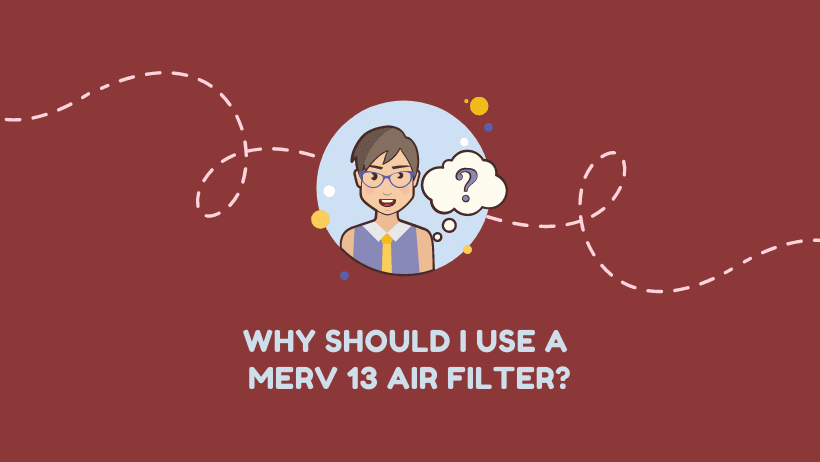
Why Use a MERV 13 Filter?
At the bottom of the scale are MERV ratings 1-4. While these ratings fulfill the minimum requirement for indoor air filter use, they are unable to effectively capture particles smaller than 10.0 microns, making them ineffective for IAQ purposes.
A step up, MERV ratings 5-8 are considered better for residential use. They are able to capture smaller particles and serve as the starting range for choosing air filters. At the top of this range—MERV 8 filters can take care of basic filtration needs, such as mold and aerosol sprays. However, while these filters are good, there are still many smaller particles that should be filtered out to ensure quality air.
What about MERV 9-12? Keeping in mind that MERV 5-8 filters capture particles up to 3.0 microns, MERV 9-12 filters can capture particles as small as 1.0 microns. While a difference of two microns may not seem like a lot, the distinction is certainly notable in air quality.
MERV 13-16 filters, the highest ratings possible for average residential filters, capture particles as small as 0.3 microns. These filters can capture smaller mold, smoke, and allergen pollutants in addition to bacteria and virus particles. Now more than ever, we know how important it is for our air filters to capture airborne viral particles. MERV 13-16 filters also rank higher because they are more effective at capturing and filtering larger particles. This makes them the better option overall.
The Winner Is…
When it comes to residential systems, MERV 13 is often the best choice. They usually offer a great combination of protection and cost. But every home and family is different! You should always chat with an IAQ professional before making any big changes in your house since they will be able to inspect the system, talk to you about your specific needs, and work with you on a customized solution.
• Protect your family and home
• Increase the efficiency of your heater/air conditioner
• Durable and long-lasting
• Reduce allergens in the air
If you’re still not sure about upgrading to a MERV 13 air filter, know that they are the official ASHRAE recommended filter.
Can MERV 13 Filters Save You Money?
Short answer–yes. Choosing a 3 inch Deep Pleated Filter air filter, like this one from Zephyr, is a great long-term investment in your health and quality of life. It’s also a great financial investment. While upgrading to a higher rated air filter may be a higher cost initially, it can save you money in the long run. They last longer, meaning they don’t need to be replaced nearly as often as lower-rated filters. Lastly, it’s designed to fit where the old smaller filter was, meaning no expensive custom alterations are necessary. The cost-effectiveness combined with the high level of protection, truly makes it the ideal filter choice.
 How Often Should Home Air Filters Be Replaced?: The frequency with which you should change your home air filter depends on the type of filter, its thickness, the MERV rating, and some special conditions. Read more →
How Often Should Home Air Filters Be Replaced?: The frequency with which you should change your home air filter depends on the type of filter, its thickness, the MERV rating, and some special conditions. Read more →
